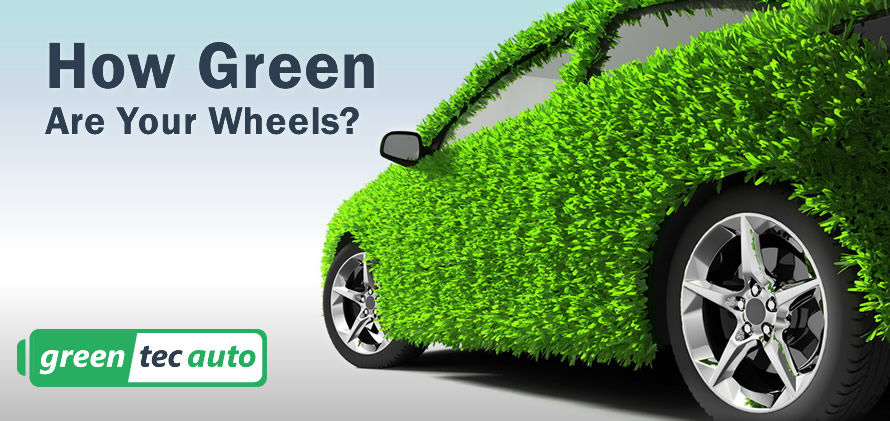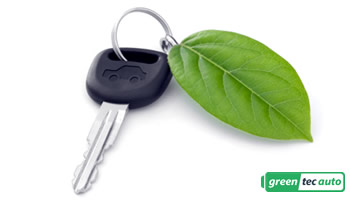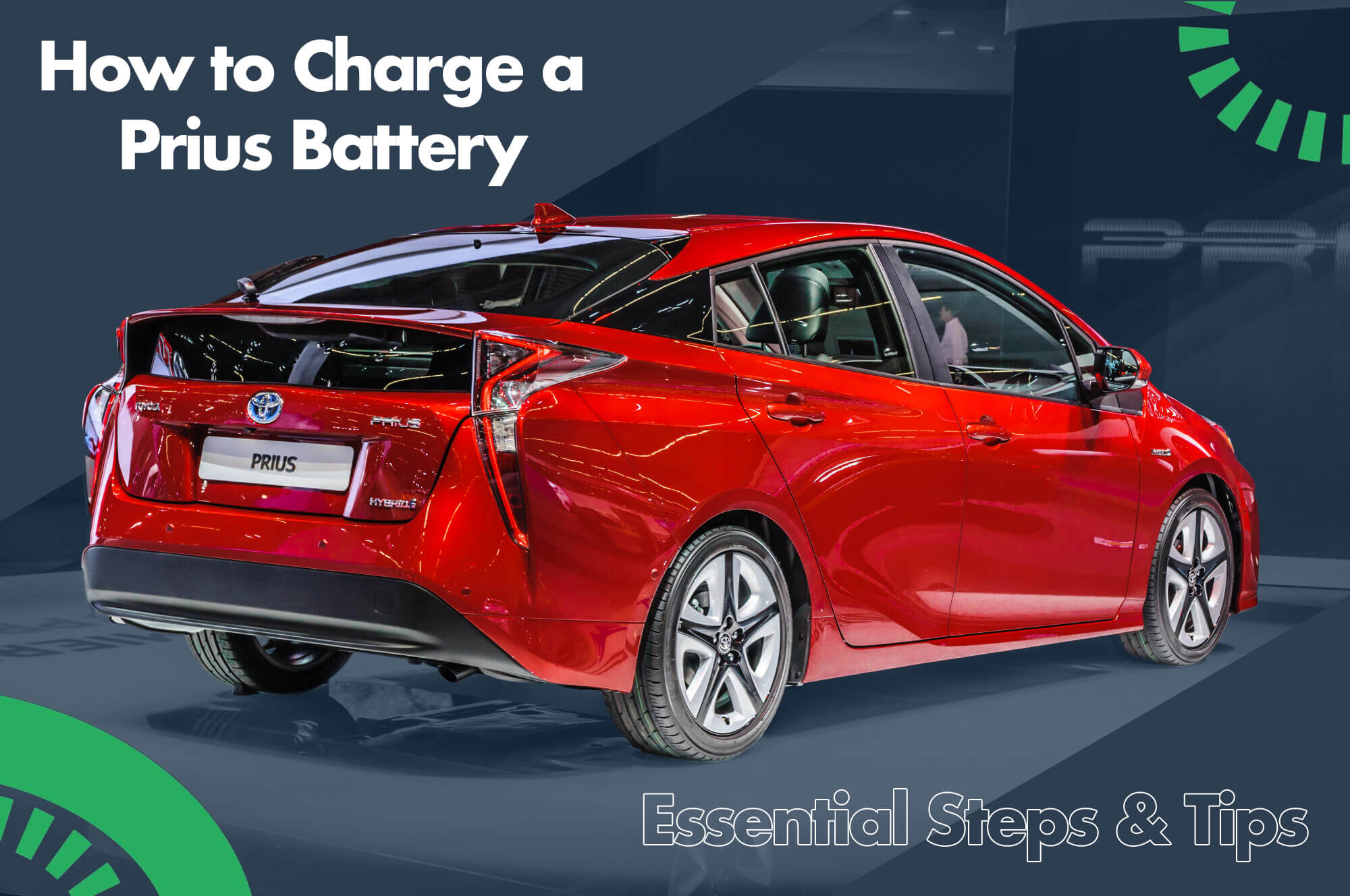
[dt_call_to_action style=”3″ content_size=”big” text_align=”left” animation=”left” line=”true”]
Hybrid vehicles because of the smaller carbon footprint and greatly improved fuel efficiency are better, greener choice over passenger cars.[/dt_call_to_action]
Despite greener options being available, the majority of people still choose passenger cars as their primary mode of transportation. How do motorcycles and hybrid cars, like the Prius, compare on fuel consumption to gas-only passenger vehicles?
Light-weight and compact, motorcycles are well-known for their fuel efficiency. They typically have low engine displacements and because they are so light, they can still provide sufficient power while using substantially less fuel when compared to passenger cars.
Hybrid Cars Pros and Cons

Hybrid engines allow cars to be more fuel efficient. A hybrid vehicle actually has two engines, a gas one and an electric one. The simple idea behind them is this. Gas engine cars are less efficient, i.e. release more pollutants by burning more fuel, at speeds above or below their ideal speed; most vehicles’ ideal fuel efficient speed is around 60 miles per hour. Due to this, on hybrid cars, the gas engine is traded for the electric one when a car is idling or going at speeds below 30 miles an hour (these speeds may differ by the hybrid’s make and model). Electric engines are less able to provide sufficient power at higher speeds, which is why A) people choose hybrids over purely electric cars, and B) their gas engines engage at higher speeds.
Hybrids also utilize hybrid batteries that are slightly less harmful to the environment than purely gas engine cars. Gas-engine cars use lead batteries, the most toxic and pollutant metal. Hybrids use nickel batteries; nickel is the second most toxic and pollutant metal.
Typical fuel efficiencies and costs of operation
What are typical fuel efficiencies and costs of operation? According to numbers from the U.S. Bureau of Transportation Statistics, U.S. Energy Information Administration, and U.S. Department of Transportation, let’s use the following numbers.
- The average vehicle travels 10,585 miles per year.
- The average gasoline price is $3.30.
- A typical passenger car, at 23 miles per gallon, would use 460 gallons annually, at a cost of $1,518.26.
- A Prius, at 46 miles per gallon, would use half as much gasoline—230 gallons annually—for a cost of $759.13.
- Assuming 56 miles per gallon for a motorcycle, the gasoline usage is 189 gallons, for a cost of ^623.57.
Motorcycles and hybrid cars consume half or less of the gallons of gas that the average passenger vehicle does.
Both motorcycles and hybrids, unfortunately, emit the same gases that contribute to the Green House Effect because they still use gasoline. However, because of their greatly improved fuel efficiency, they do so at much lower rates that the typical passenger car. This ultimately makes hybrids a better, greener choice over passenger cars.
by Gina Williams




